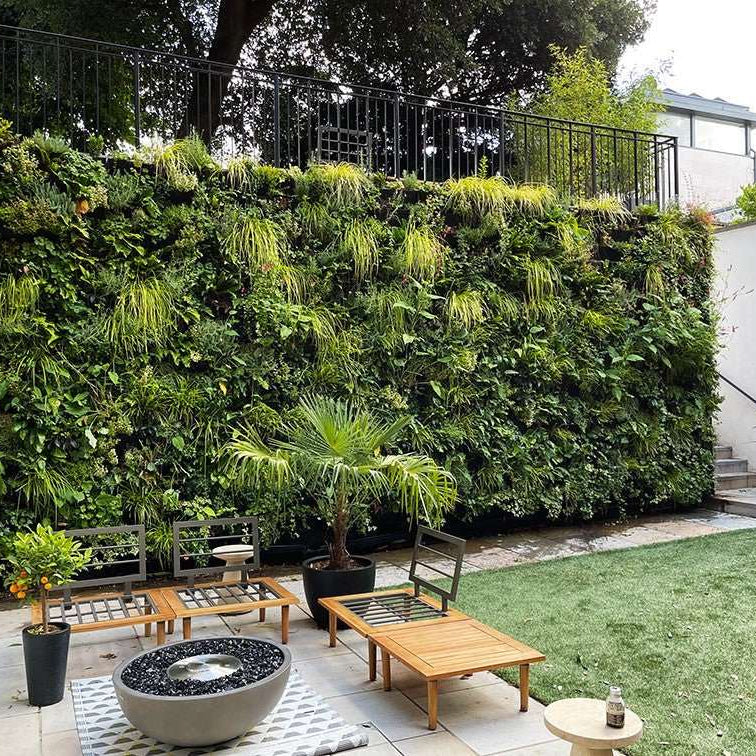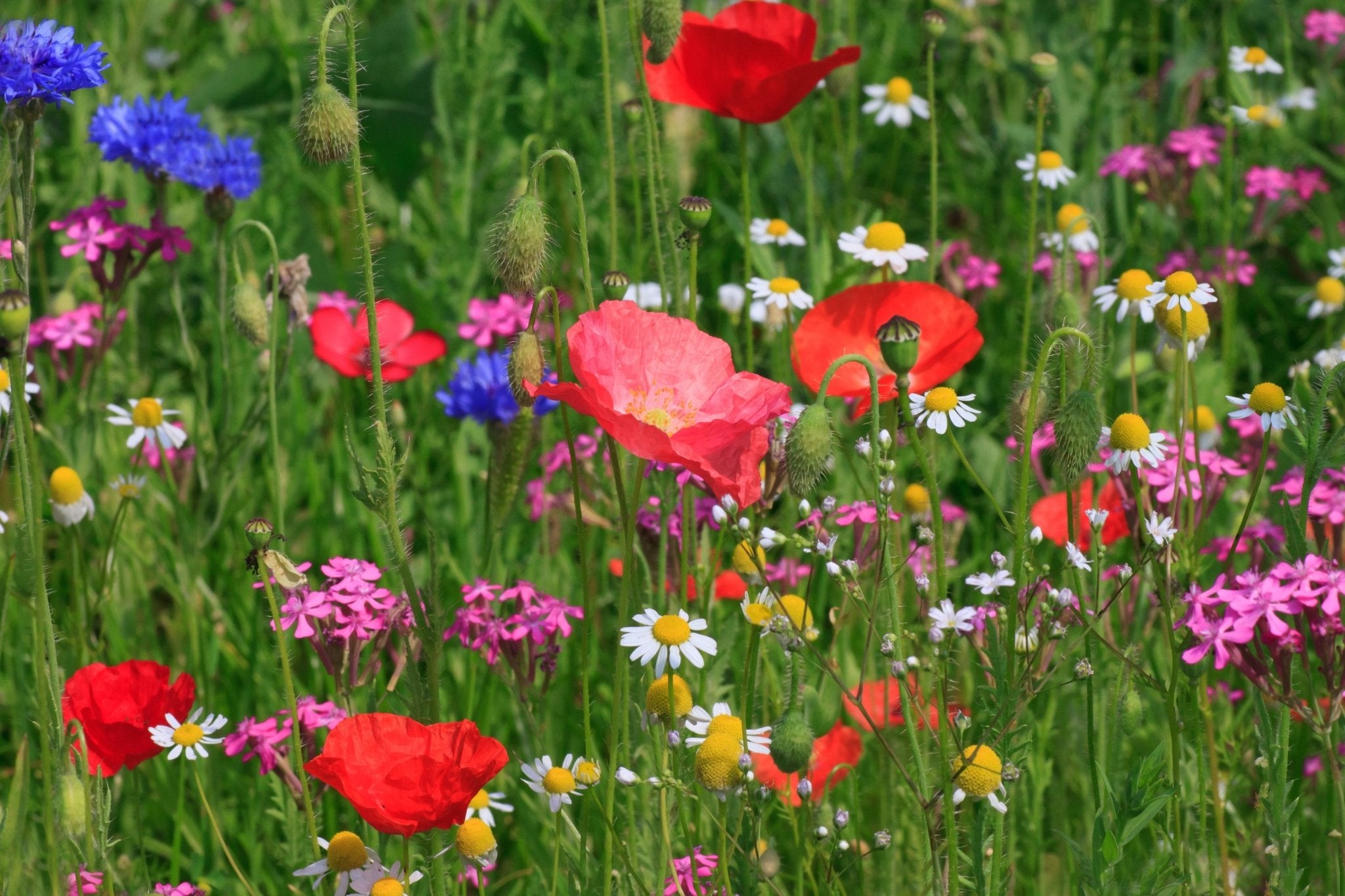Introduction
Composting is a simple and effective way to reduce waste and create nutrient-rich soil for your garden. By recycling kitchen scraps and garden waste, you can make your own compost and contribute to a sustainable environment. In this guide, we will walk you through the process of composting and introduce you to a product that can make the process even easier - the Tumbling Composter 49.5x44.5x57 cm 50 L.
With all the cleaning up that we are doing in the garden now it is important that we don’t look upon the debris as waste and rather as beneficial, valuable raw material for good quality homemade compost. Leaf debris, grass cuttings, the dead growth from herbaceous plants which have curled up under the ground for the winter, all these make for great compost.
We are all trying to do our bit for the environment, to cut down on our carbon emissions and stop overfilling landfills and with so many different composts available and the big debate about whether or not to use peat it is now more important than ever to concentrate on making our own growing media.
Why Composting is Important
Composting is a natural process that decomposes organic materials, such as food scraps, leaves, and grass clippings, into a dark, crumbly substance known as compost. Compost is an excellent soil amendment that enriches the soil, improves its structure, and provides essential nutrients for plant growth. By composting, you can reduce the amount of waste that goes to landfills and make your own organic fertilizer.
I am a huge believer in all of us trying to do our best to work with nature and putting back into the soil what we take from it. You will be amazed when you start working with and improving the soil how much better your results in the garden will be.
Don’t be scared off by the thought of composting and think that you need a degree in Environmental Science or similar to create good crumbly humus. The great part is that once you provide the ingredients then nature will do all the work. A decomposing compost heap or bin is alive with beneficial bacteria, mychorriza and fungi breaking down the organic matter.
How to Compost Waste
Composting involves a few simple steps:
- Choose a composting container or bin: The Tumbling Composter 49.5x44.5x57 cm 50 L is a great option for composting. It is made of durable PP material and features a tumbling design that speeds up the decomposition process.
- Collect organic waste: Collect kitchen scraps like fruit and vegetable peels, coffee grounds, and eggshells. Also, gather yard waste such as leaves, grass clippings, and small branches. Avoid composting meat, dairy, and oily foods.
- Add materials to the composter: Layer the organic waste with dry materials like dried leaves or straw. This helps create the right balance of carbon and nitrogen in the compost pile.
- Turn the compost: With the Tumbling Composter, simply open the easy-sliding door, add your scraps, and turn the handle every other day or so. This ensures proper aeration and speeds up the decomposition process.
- Monitor moisture levels: Compost should be moist but not soggy. If it feels too dry, add water. If it's too wet, add dry materials.
- Wait for the compost to mature: Depending on the materials and conditions, compost can take anywhere from a few weeks to several months to fully decompose. The Tumbling Composter's internal mixing bars help accelerate the process, providing you with rich compost in a shorter time.
One of the most important things to remember when creating your compost pile is not to add too much of anyone material at a time.
If you fill the compost bin with grass cuttings for example it will just become a sodden stinking mess with no oxygen getting in to break it down. It needs some open material such as twigs or wood chip to be mixed in with it.
Equally if you have a pile made up of purely twigs it will also take an eternity to break down as it is too open and the pile won’t be able to heat up enough to break down.
As much as there are different ingredients for the compost pile, so too there are different types of composters available and some are much better than others. Have a look t our full range here
Garden Composters - The Irish Gardener Store
Compost needs air, nitrogen, carbon and water to decompose into nutrient rich soil. In Ireland it is damp enough that you should not have to add water to your compost, but you will have to aerate it – this can be done using a pitch fork or shovel or much easier, use a Compost Tumbler.
It is also a good idea to have two sections for your compost so that when one section is full it can be ‘left’ to decompose completely while you add more fresh scraps and garden waste to the other section. It can take 12 months for compost to fully decompose and be ready for use on the garden, however with a small bit of effort and know how you can dramatically reduce this time frame to just a few months.
The most important thing to remember when making your own compost is to have a good mixture.
Compost needs to be turned regularly to keep the temperature even, in other words so that some material isn’t always on the outside cold whilst other material is warm in the centre of the heap.
Finally, use a compost accelerator to speed up the whole process. There are many of these available to buy, normally containing enzymes that work on the waste material helping to break it down. However you can also grow your own. Comfrey is a great plant for this, pulp some leaves in a bucket, fill with water and leave it stand for a few days (make sure you leave it somewhere where your nose won’t be accosted) then add it to your compost bin and you will be amazed at how quickly it will all start to break down. Nettles will work in the same way, just be careful not to include any rogue nettle seeds or roots.
Not everyone has the luxury of a large garden where they can tuck away a large compost bin and for a smaller back garden or even a deck or patio, let me suggest a compost tumbler. A compost tumbler is simply a sealed drum with a door for putting in your kitchen waste and a handle for turning. I have been using a tumbler for many years and wouldn’t even consider the standard compost bins because once you fill the standard compost bin the waste just sits there. You can’t turn it easily and composting depends on the pile being turned. Not only is it more compact, it also makes aerating and turning your compost much easier. A compost tumbler will produce useable compost much more quickly than a regular compost bin because of being turned so regularly and the rich soils that is produced after 10 or so weeks is suitable for use anywhere in your garden.
Benefits of Using a Compost Tumbler
The Tumbling Composter 49.5x44.5x57 cm 50 L offers several advantages:
- Efficient and convenient: With the tumbling design, you can easily mix and aerate the compost without the need for manual turning or mixing.
- Saves time and effort: The built-in handle and wide-opening lid make it easy to add waste and access the compost.
- Faster decomposition: The internal mixing bars of the Tumbling Composter speed up the decomposition process, allowing you to obtain nutrient-rich compost in just a few weeks.
- Durable and practical: Made of durable PP material, this composter is resistant to impact and designed to withstand outdoor conditions.
Conclusion
Composting is a rewarding and sustainable practice that allows you to transform kitchen and garden waste into valuable compost. By using the Tumbling Composter 49.5x44.5x57 cm 50 L, you can simplify the composting process and produce nutrient-rich soil for your plants. Start composting today and make a positive impact on the environment while reaping the benefits of your own homemade compost.
Click here to learn more about the Tumbling Composter 49.5x44.5x57 cm 50 L












Leave a comment